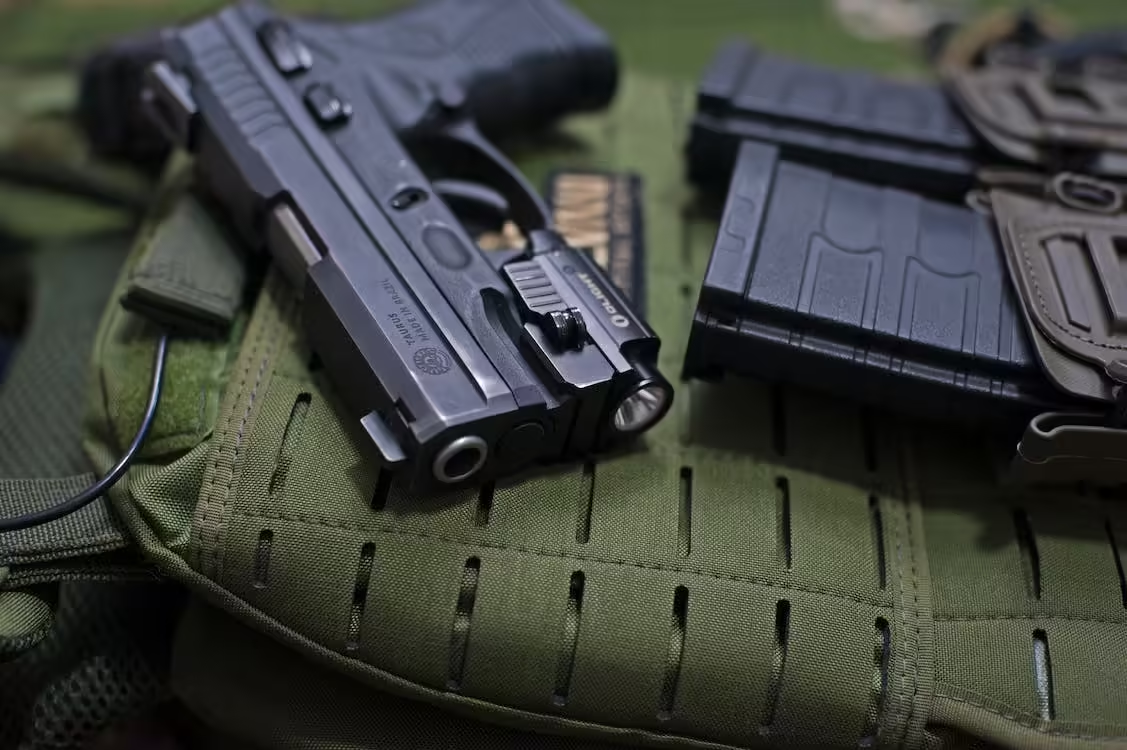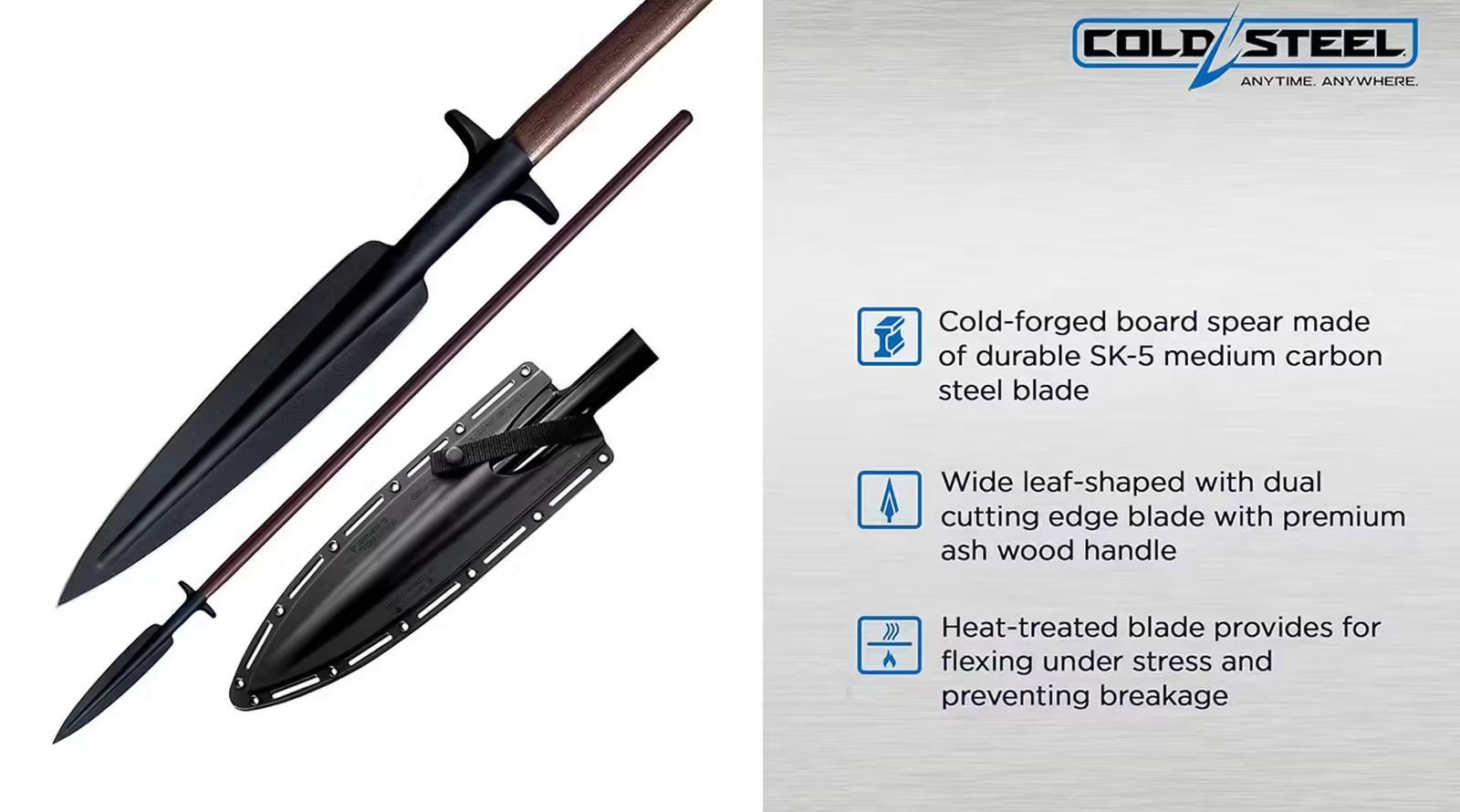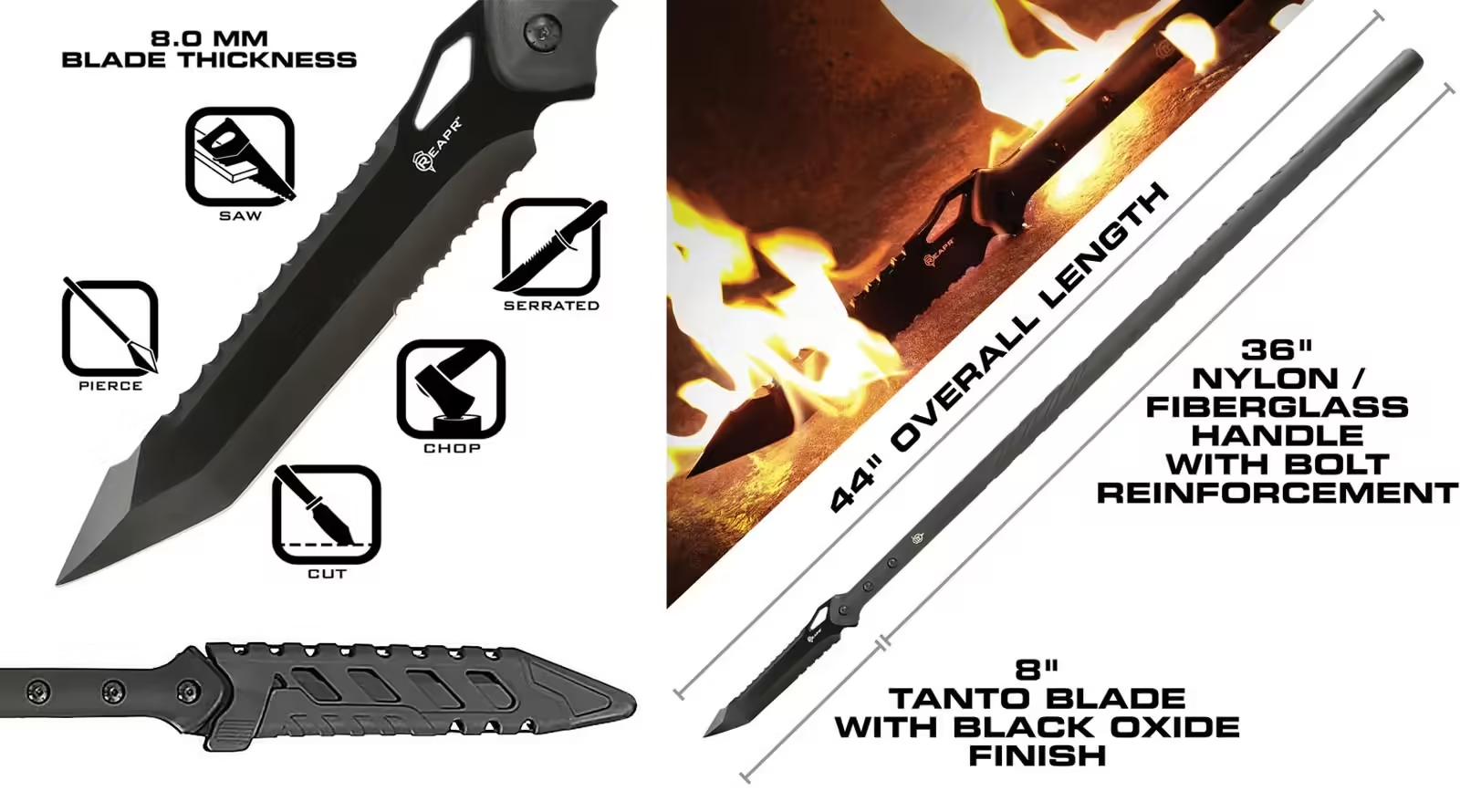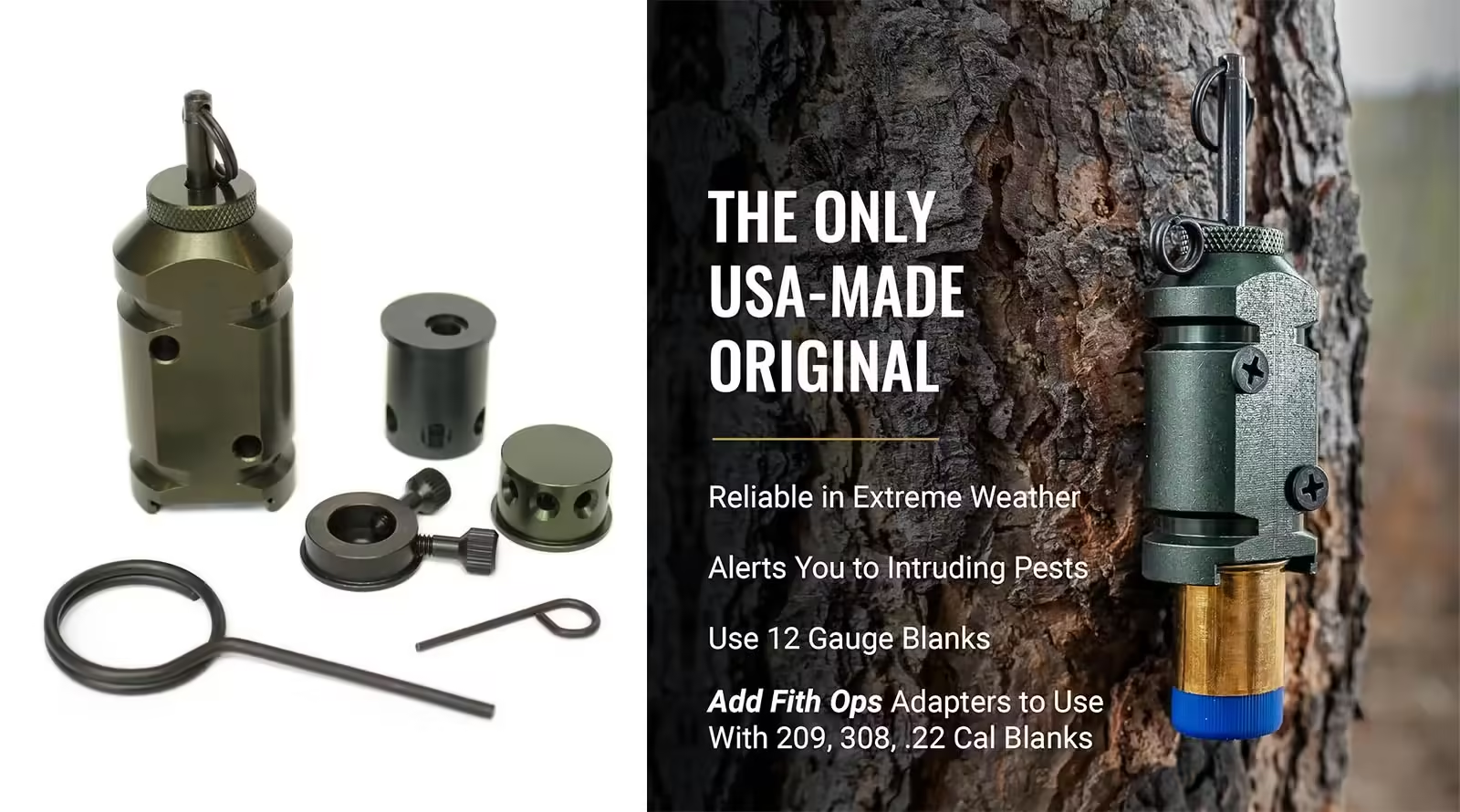In today’s society, personal defense weapons play an important role in providing individuals with a sense of security and peace of mind. According to a recent study, approximately 3 million cases of self defense using weapons occur in the United States each year. This data highlights the significant demand for effective tools to protect oneself in threatening situations. However, with the multitude of personal defense weapon options available on the market, it can be overwhelming for individuals to choose the right one.
When exploring personal defense weapon options, it is essential to consider factors such as ease of use, legality, and personal comfort. Each individual may have different needs and preferences when it comes to self defense, and it is crucial to find the most suitable option that aligns with these requirements. By understanding the variety of personal defense weapon options available and weighing the pros and cons of each, individuals can make informed decisions to ensure their safety in potentially dangerous situations.
Handguns
When it comes to personal defense weapons, handguns are often the first choice for many individuals. Their compact size and ease of use make them a popular option for self defense. Handguns come in various types, such as revolvers and semi-automatic pistols, each with its own advantages and disadvantages.
Revolvers: Revolvers are known for their simplicity and reliability. These guns typically have a cylinder that holds multiple rounds of ammunition. They are easy to operate and have fewer parts, making them less prone to malfunction. Revolvers are a good choice for those who prefer a straightforward and low-maintenance weapon.
Semi-automatic pistols: Semi-automatic pistols, on the other hand, offer a higher ammunition capacity and quicker reload times. They use a detachable magazine and typically have a slide action that automatically loads the next round into the chamber. This makes them well-suited for situations where multiple rounds may be necessary.
Shotguns
Shotguns are another popular option when it comes to personal defense. Their wide spread and stopping power make them effective at close range. Shotguns come in different gauges, with 12 gauge being the most common for self defense purposes.
There are two main types of shotguns: pump-action and semi-automatic. Pump-action shotguns require the user to manually cycle the action to chamber the next round. They are reliable and have a intimidating sound associated with the pumping action, which in itself can act as a deterrent. Semi-automatic shotguns are capable of firing multiple rounds with each pull of the trigger, providing a higher rate of fire.
Non-Lethal Options
For those who prefer non-lethal personal defense options, there are various alternatives available:
- Pepper spray: Pepper spray is a popular choice for self defense due to its effectiveness and ease of use. It contains oleoresin capsicum, a chemical compound that causes temporary blindness, breathing difficulties, and intense pain. Pepper spray can incapacitate an attacker, giving the victim a chance to escape.
- Tasers: Tasers are devices that use electrical current to disrupt the body’s normal functioning, causing temporary paralysis and incapacitation. They are effective even against those who are under the influence of drugs or alcohol.
- Stun guns: Stun guns are handheld devices that deliver an electric shock to an attacker upon direct contact. They are compact and easy to carry, making them a convenient option for personal defense.
Frequently Asked Questions
1. What is a personal defense weapon (PDW)?
A personal defense weapon (PDW) is a compact firearm designed for close-quarters self defense. It is smaller and lighter than a traditional rifle, making it easier to carry and conceal.
2. What are the advantages of using a PDW?
A PDW offers several advantages, including greater maneuverability in tight spaces, ease of use, and increased accuracy compared to handheld firearms. Additionally, PDWs often have high-capacity magazines, enabling more rounds to be fired without reloading.
3. Are PDWs legal to own?
The legality of owning a PDW varies by country and even within different states or regions. It is essential to research and understand your local laws regarding firearm ownership before purchasing a PDW.
4. What are the different types of PDWs available?
There are various types of PDWs available, including compact semi-automatic handguns, submachine guns, and pistol-caliber carbines. Each type has its own characteristics and features, so it’s crucial to consider your specific needs and preferences.
5. How do I choose the right PDW for me?
When choosing a PDW, factors to consider include your intended use, ergonomics, reliability, ease of maintenance, and ammunition compatibility. It is recommended to handle and test various PDWs to find the one that best suits your needs.
6. What ammunition do PDWs use?
PDWs typically use pistol-caliber ammunition, such as 9mm or .45 ACP. These rounds offer sufficient stopping power within close quarters while allowing for a higher magazine capacity compared to larger rifle rounds.
7. Can I use a PDW for concealed carry?
Yes, many PDWs are designed with concealed carry in mind. Their compact size and lightweight construction make them suitable for discreet carry, but always check local laws and regulations regarding concealed carry before doing so.
8. What accessories can I add to my PDW?
Common accessories for PDWs include weapon lights, red dot sights, suppressors, foregrips, and collapsible stocks. These enhance usability, accuracy, and adaptability to different situations, but ensure compliance with local laws regarding accessory attachments.
9. How should I store my PDW?
PDWs should be stored securely and responsibly to prevent unauthorized use. Consider investing in a suitable gun safe or lockable storage case, keep ammunition separate, and follow all applicable safety guidelines.
10. Do I need special training to use a PDW?
While prior firearms training is beneficial, it is highly recommended to receive proper training specific to PDWs. Training courses can help you handle the weapon safely, improve accuracy, and become proficient in self defense scenarios.
Conclusion
We have explored a variety of personal defense weapon options and gained valuable insights. It is crucial to choose a weapon that can be easily handled and carried, empowering individuals to protect themselves effectively. Additionally, understanding the laws and regulations surrounding personal defense weapons is essential to ensure compliance and avoid legal repercussions.
Choosing a personal defense weapon is a decision that requires careful consideration. It is important to assess personal comfort, legal factors, and personal defense needs before making a choice. Ultimately, the ideal personal defense weapon should provide individuals with a sense of security and peace of mind, while still remaining within the boundaries of the law.




![Byrna SD [Self Defense] Kinetic Launcher Ultimate Bundle - Non Lethal Kinetic Projectile Launcher, Home Defense, Personal Defense | Proudly Assembled in The USA](https://m.media-amazon.com/images/I/81nHybIO22L._AC_SL520_.jpg)





